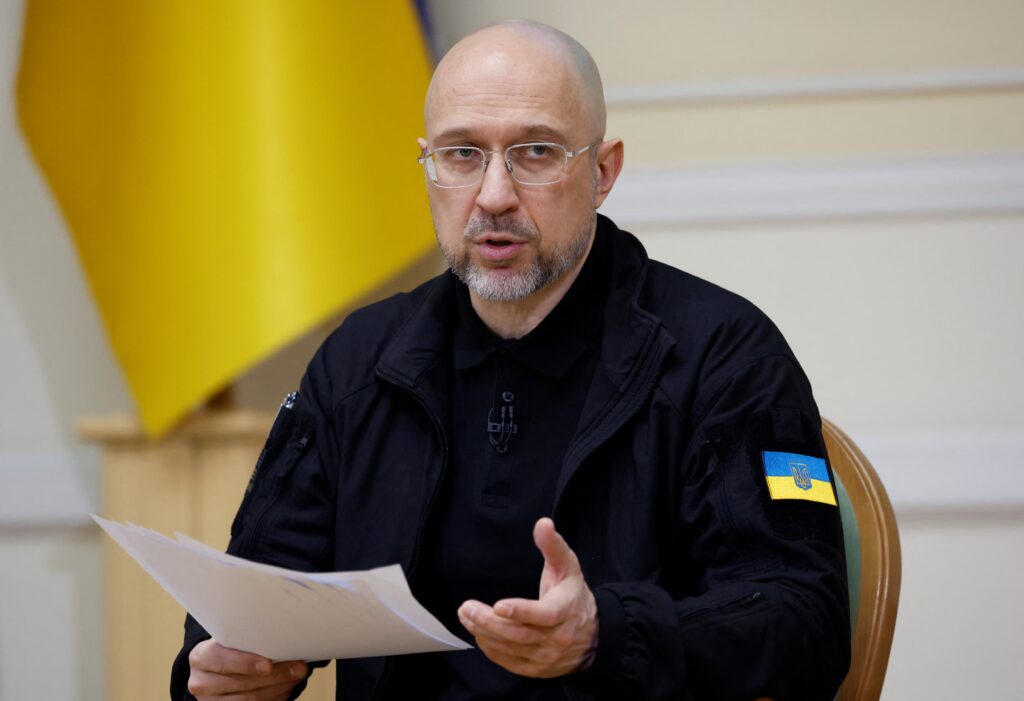Ukraine’s parliament has voted to dismiss Prime Minister Denys Shmyhal, initiating a significant reshuffle of the wartime government. The decision is part of a broader strategy to reinforce the country’s economic and military leadership amid the ongoing conflict.
The dismissal of the prime minister effectively leads to the dissolution of the current cabinet, paving the way for the formation of a new executive team. Lawmakers are set to confirm the incoming ministers in a session scheduled for Thursday. The reshuffle is seen as a response to the demands of wartime governance, where efficiency, coordination, and strategic planning are crucial to national resilience.
First Deputy Prime Minister Yulia Svyrydenko has been nominated to lead the new cabinet. Her appointment is part of an effort to bring in fresh energy and focus, particularly in navigating economic recovery, supporting military operations, and ensuring the continuity of essential services.
Government officials and members of parliament have emphasized the need for a stronger, more agile leadership team that can respond effectively to wartime pressures. With infrastructure under regular threat, resource allocation stretched, and international partnerships evolving rapidly, the country’s leadership is under intense scrutiny to deliver results.
The reshuffle also reflects a political recalibration, possibly aimed at maintaining public confidence and ensuring alignment among government branches. Analysts suggest that changes at the top could help address internal inefficiencies and improve policy implementation across key sectors such as defense production, energy security, and humanitarian relief.
The leadership transition comes as Ukraine continues to press forward with both military operations and domestic reforms. The new government is expected to prioritize streamlining defense-related industries, expanding domestic arms production, and enhancing coordination with foreign allies supplying military and economic assistance.
Svyrydenko, if confirmed, would face immediate challenges, including managing inflation, maintaining currency stability, and supporting displaced populations. Economic resilience remains a top priority as the war continues to take a toll on industrial output, agricultural exports, and infrastructure.
This change marks one of the most significant political shifts since the beginning of the full-scale conflict. It underscores the government’s intention to adapt to the evolving demands of the war while maintaining a unified front both at home and on the international stage.
While the outgoing prime minister had overseen key stages of Ukraine’s response to the war, the new leadership is expected to build upon those efforts with an intensified focus on speed, efficiency, and results. The next few weeks will be crucial in determining how the reshuffle translates into real-world improvements across military, economic, and governance spheres.

